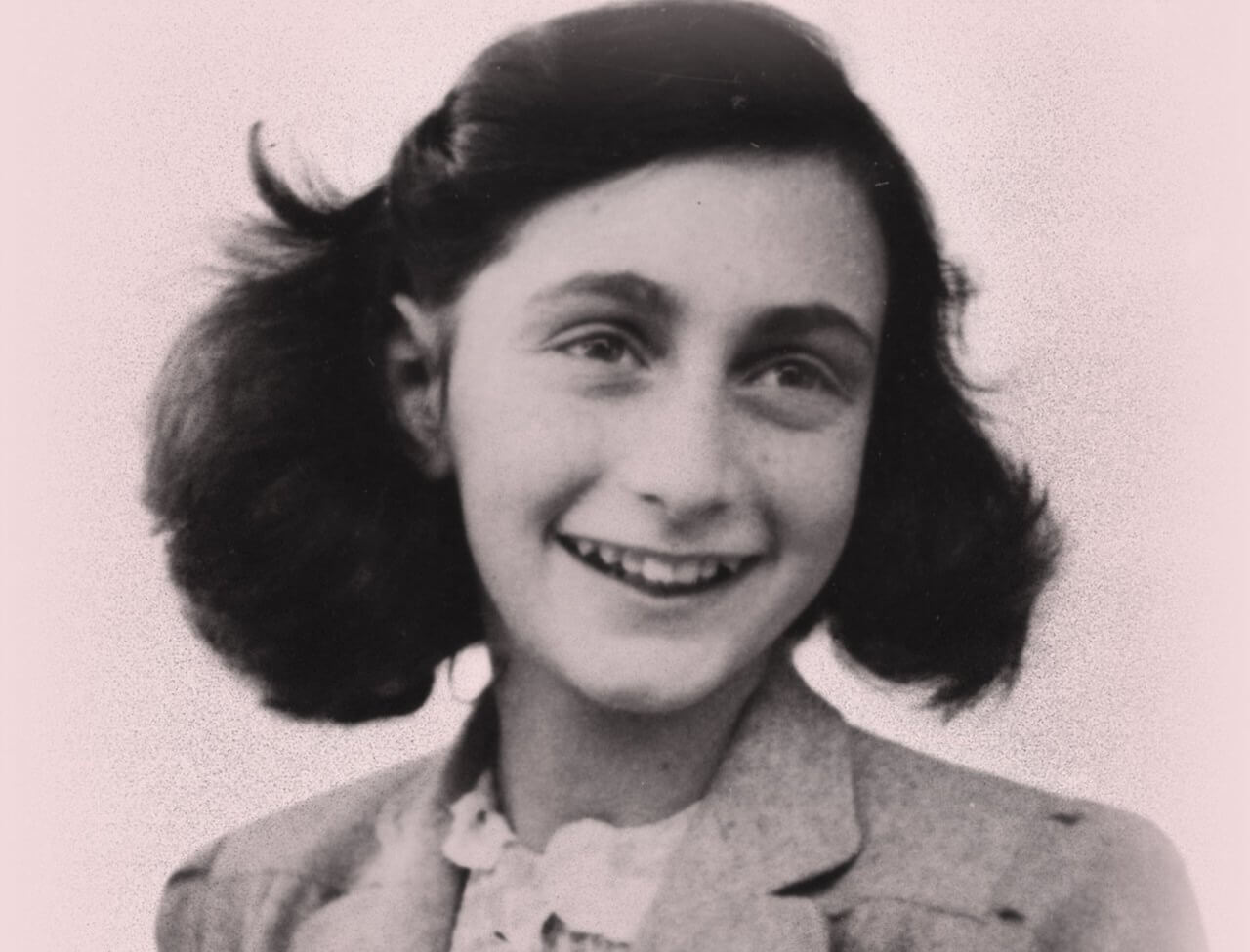Anne Frank’s diary, which today celebrates its 75th anniversary since its first publication in June 1947, is the great book of the Holocaust. Shortly after going on the market, the diary of this young Jewish woman, written between June 12th, 1942 and August 1st, 1944, had already sold 34 million copies. Today, it is one of the most widely read books in the world.
The Franks, Otto, his wife, Edith, and their daughters, Margot and Anne, went into hiding in July 1942. They pretended to be away, but settled in the “Secret Annex“, a space hidden behind a revolving bookcase, located in Amsterdam. The family was fleeing from the local Nazis, because they feared being arrested and sent to a concentration camp.
They went into hiding with another family, the Van Daans (whose real last name was Van Pels), a married couple and their teenage son, Peter. Soon after, they realized they had room to save someone else and hired a dentist, Fitz Pfeffer, whom Anne referred to as Albert Dussel in her diary.
During the two years and one month of confinement, Anne wrote about her family, the rest of the inmates, and the people outside the secret annex who helped them by giving them food and keeping them company. She also recounted the course of her studies, her desire to become a writer, and her concerns about the course of the war and the arrival of a possible liberation.
However, on August 4th, 1944, the occupants of the Secret Annex were discovered, arrested, and deported to Auschwitz. The controversy with which Ana’s diary celebrates its 75th anniversary is who denounced them, although there were many suspects, it was never known with certainty who had betrayed the Franks.
Earlier this year, a former FBI agent, Vince Pankoke, released the result of an investigation carried out since 2017 with new evidence and testimonies worked with the use of forensic analysis and artificial intelligence.
The young woman was deported with her family and the rest of her fellow prisoners to Auschwitz on September 3rd of 1944. Her mother died there of hunger and exhaustion. Anne and her sister, Margot, were transferred in October to the Bergen-Belsen camp, where they contracted typhus, both are dead.
Only one of the eight occupants of the secret annex survived the Nazi extermination, Ana’s father, who returned to Amsterdam, recovered his daughter’s diary and published it.

